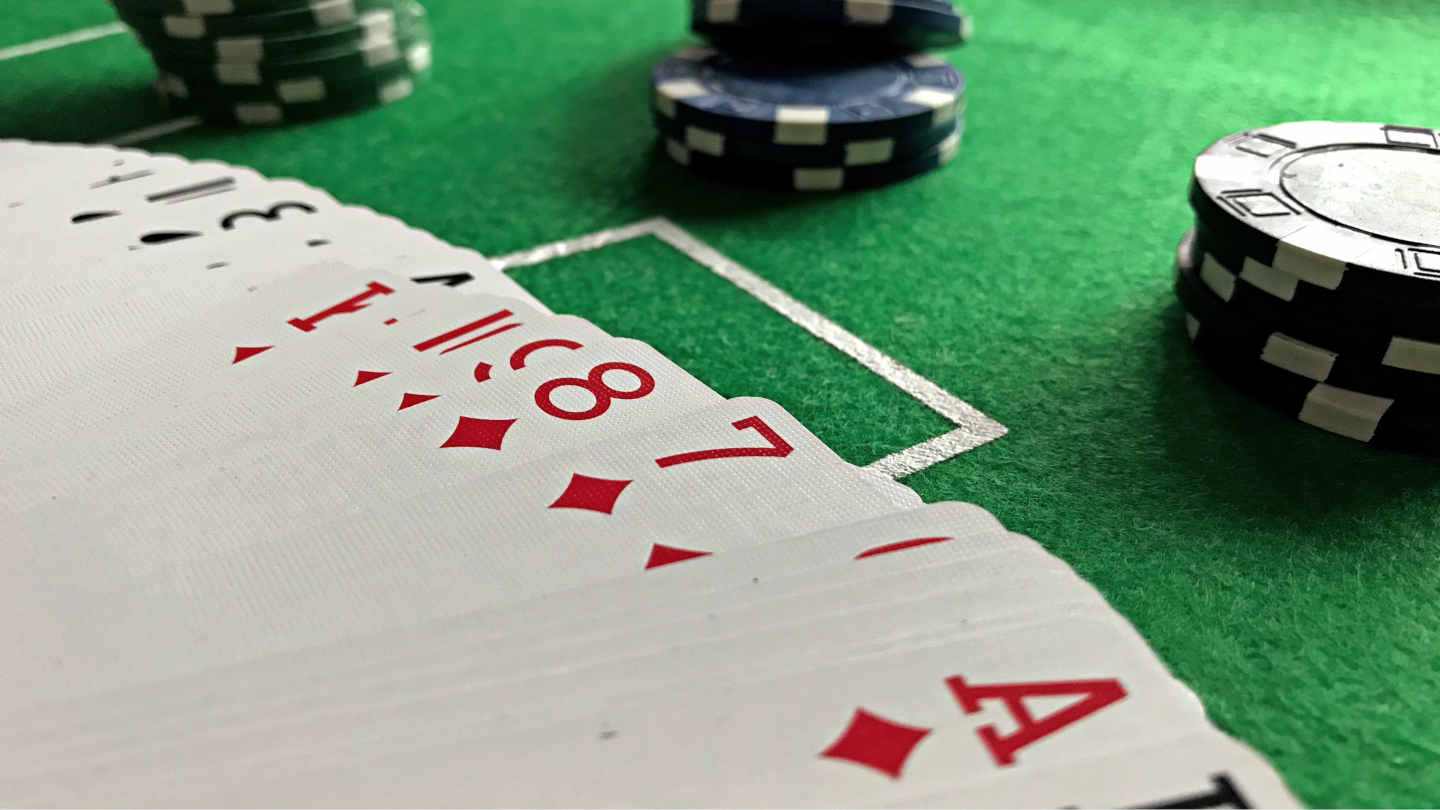The Cultural Legacy of Poker – How the Game Leaves its Mark on Different Nations

4 minutes
Last Updated: September 29, 2023
Poker, an age-old card game, has undeniably evolved into a worldwide sensation, long since surpassing geographical and cultural boundaries. Whether you're a fan of gambling at online casinos, exploring shortlisted casino related apps, or simply seeking the thrill of the game, it has successfully fostered a sense of camaraderie among individuals hailing from diverse nations, all driven by the shared pursuit of exhilaration, strategic thinking, and healthy competition.
This article delves into the profound cultural impact of the game, illuminating its indelible imprint on numerous facets of society.
Uniting Nations in a Card Game
Poker has undoubtedly sustained its global appeal and has solidified its position as a unifying force among nations. Despite cultural and language barriers, it has the ability to bring people from different backgrounds together, fostering a sense of harmony and friendly competition.
One of the reasons for poker's global appeal is its simplicity. The basic rules of the game are easy to comprehend, which allows players from various countries to participate without much difficulty.
The game's strategic nature and element of skill make it appealing to individuals who enjoy mental challenges and strategic thinking. Global poker events serve as platforms for players to showcase their skills and compete against the best in the game.
The diversity of participants in these tournaments reflects the game's ability to transcend borders and unite people.
Furthermore, poker has the power to bridge cultural gaps. As players sit around a table, they can learn about each other's customs, traditions, and ways of life. This exchange of cultural knowledge fosters understanding and promotes a sense of unity among players.
In addition to its social aspects, poker has become a popular televised sport, further contributing to its global appeal and creating a shared experience that transcends geographical boundaries.
Poker's Influence on Art and Entertainment

Poker has undeniably had a significant influence on art and entertainment worldwide. It has become a global phenomenon that has captured people's attention from all walks of life. In the realm of art, poker has been depicted in various forms, including paintings, sculptures, and photographs.
The intense emotions, strategic thinking, and psychological aspects of the game have inspired artists.
Poker scenes often symbolize risk-taking, competition, and the complexities of human nature. These artworks not only showcase the game itself but also explore broader themes such as power dynamics, deception, and the unpredictability of life.
Moreover, poker has made its mark in the entertainment industry. It has been a popular subject in literature, films, and television shows. Countless books have been written about poker strategies, memoirs of professional players, and fictional stories centered around the game.
Movies like “Rounders” and “Casino Royale” have brought the excitement and drama of poker to the big screen, captivating audiences worldwide.
The influence of poker extends beyond the realms of art and entertainment. It has also impacted popular culture, with poker references and terminology becoming part of everyday language. Phrases like “all in,” “bluffing,” and “poker face” are commonly used to describe situations that involve risk, strategy, or maintaining a composed demeanor.
Shaping National Identities
Poker has been associated with American culture and is often seen as a symbol of the Wild West and the frontier spirit. The game was popularized during the 19th century in the United States, particularly during the Gold Rush era, and became deeply ingrained in American folklore and mythology.
It has been depicted in countless movies, books, and songs, further solidifying its connection to American identity. In France, poker has a different cultural significance. The French have a long history of card games, and poker was introduced to the country in the 19th century.
French players brought their own style and strategy to the game, emphasizing elegance, sophistication, and strategic thinking. French players are known for their analytical approach and ability to read opponents, influencing the global poker scene.
In Asia, notably countries like China and Japan, poker has also gained popularity in recent years. However, these countries' cultural contexts and values have shaped how the game is played.
In Japan, where honor and respect are highly valued, players often exhibit a disciplined and respectful approach to the game. Overall, poker has become a global game that transcends borders and cultures.
Final Note

In conclusion, poker's cultural legacy is a testament to its remarkable ability to unite nations, influence art and entertainment, and shape national identities.
As a universal language of strategy and risk, poker transcends borders and fosters understanding among players from diverse backgrounds. Its impact on art, literature, and popular culture is profound, with the game symbolizing different nations' values and approaches.
From the Wild West spirit in the United States to the elegance of French play, poker has left an indelible mark. It continues to thrive as a truly global phenomenon, whether in the traditional setting or through modern shortlisted casino-related apps.

















